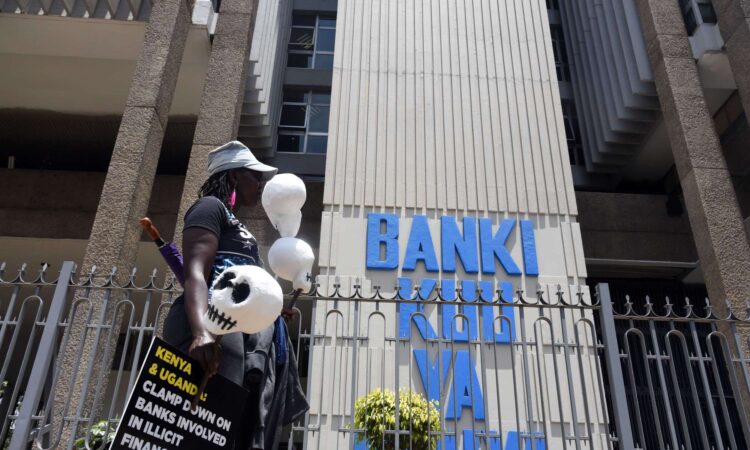
Kenya is now earning more foreign exchange from diaspora remittances than each of its major exports – coffee, tea and horticulture – in spite of persistent criticism of a poor diaspora policy.
The latest figures from the Central Bank of Kenya reveal that the country’s diaspora remittances rose by 8.34 percent to $4.027 billion in 2022, closing in on exports, which brought in $5.77 billion worth of foreign currency in the same period.
Compared with 2021, Kenya’s total exports rose 7.5 percent, a slower growth rate than the diaspora remittances, which are projected to keep growing as the world’s economy continues to recover.
Tea, Kenya’s leading export, earned the country $1.2 billion in 2022, followed closely by horticulture at $901 million, chemicals ($521 million), coffee ($301 million) and petroleum products ($77 million), highlighting the crucial role of remittances in bringing in foreign currencies.
The administration of President William Ruto says it is paying more attention to the diaspora and has since established a state department to respond to specific issues of Kenyans abroad.
Welfare of Kenyan diaspora
Both the Principal Secretary, Roselyn Njogu, and Cabinet Secretary for Foreign and Diaspora affairs, Alfred Mutua, have been busy, with the welfare of the Kenyan diaspora appearing to be top of their priorities.
In the three months they have been in office, they have both visited Saudi Arabia, one of the biggest destinations for Kenyans seeking domestic work abroad, but also the leading host of reported cases of maltreatment of Kenyans by employers.
Mutua and Njogu have reiterated the new government’s commitment to look beyond the remittances and support the wellbeing of the Kenyan diaspora as well as have them invest in the local markets to enhance economic growth.
“We want to take care of Kenyans; provide opportunities for them to get international jobs; to leverage them into positions and powers overseas so that they can help those at home; and we want to open up trade opportunities for those who are overseas,” Mutua said in an interview on Citizen TV on Wednesday.
EAC agenda
In October last year, the East African Community headquarters set up a diaspora desk tasked with “facilitating East Africans living in the diaspora to invest and trade in the region.”
EAC Secretary General Peter Mathuki said the contribution of East Africans in the diaspora enabled the region’s foreign direct investment to grow 35 percent to $8.2 billion last year.
“This helped the region’s economy withstand the devastating economic impact of Covid-19 and the trickle-down effect of the Russia-Ukraine conflict,” he told the East Africa annual trade and investment conference in Irving, Texas, USA, last year.
However, countries in the region are not earning as much from remittances. According to latest statistics, only Ethiopia and Uganda have managed to cross the $1 billion mark in the recent past.
Ethiopia earned $2.53 billion in 2021, based on the National Bank of Ethiopia’s latest statistics, while Uganda earned $1.1 billion in the 12 months to July 2022, according to data from the Bank of Uganda.
Tanzania got $569 million, Rwanda $246 million, and Burundi $45.6 million in 2020, according to the EAC secretariat’s statistics.



